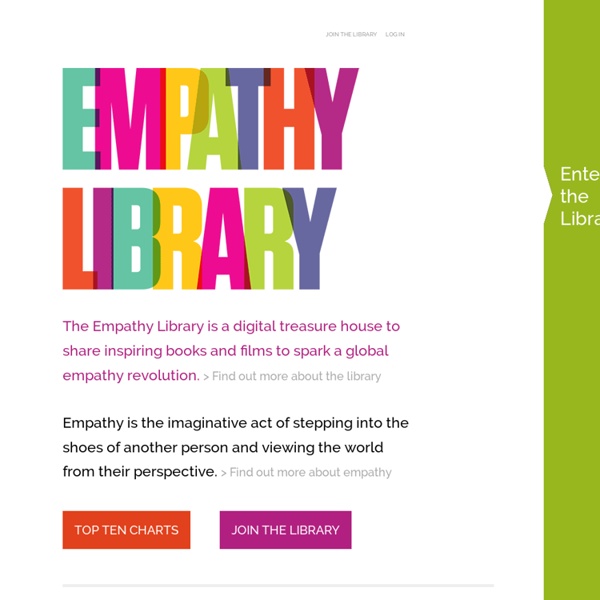



Garden of heart's desire; a fairy tale, by Ida M. Huntington Garden of heart's desire; a fairy tale, by Ida M. Huntington ... - Full View | HathiTrust Digital Library | HathiTrust Digital Library Navigation links for help, collections About this Book Catalog Record Details Column: This is what happens when you take Ayn Rand seriously “Ayn Rand is my hero,” yet another student tells me during office hours. “Her writings freed me. They taught me to rely on no one but myself.” As I look at the freshly scrubbed and very young face across my desk, I find myself wondering why Rand’s popularity among the young continues to grow.
Why Are We Still Teaching Reading the Wrong Way? Our children aren’t being taught to read in ways that line up with what scientists have discovered about how people actually learn. It’s a problem that has been hiding in plain sight for decades. According to the National Assessment of Educational Progress, more than six in 10 fourth graders aren’t proficient readers. It has been this way since testing began. A third of kids can’t read at a basic level.
In Praise of Public Libraries Palaces for the People: How Social Infrastructure Can Help Fight Inequality, Polarization, and the Decline of Civic Life by Eric Klinenberg Crown, 277 pp., $28.00 Looking at Photographs of Marilyn Monroe Reading February 25, 2019 There are more photographs of Marilyn Monroe reading than there are of her naked. Almost always, these images are captioned with a kind of perky can-you-believe-it paternalism. “Those books aren’t just for show!” “Despite her reputation as a blonde…” The public seems permanently surprised at her literacy, even when we are making a show of not being surprised. Just as Freud said every negative statement includes the wish of its positive, every Instagram post that insists hotness does not prevent intellect only reasserts the unreliability of its claim.
Hours in a library Let us begin by clearing up the old confusion between the man who loves learning and the man who loves reading, and point out that there is no connexion whatever between the two. A learned man is a sedentary, concentrated, solitary enthusiast, who searches through books to discover some particular grain of truth upon which he has set his heart. If the passion for reading conquers him, his gains dwindle and vanish between his fingers. A reader, on the other hand, must check the desire for learning at the outset; if knowledge sticks to him well and good, but to go in pursuit of it, to read on a system, to become a specialist or an authority, is very apt to kill what it suits us to consider the more humane passion for pure and disinterested reading. In spite of all this, we can easily conjure up a picture which does service for the bookish man and raises a smile at his expense. But those lists are curious documents, in that they seem to include scarcely any of the contemporary writers.
Have We Ever Had Enough Time to Read? Literary history can seem full of women frustrated with their lack of time for reading. Florence Nightingale rails in Cassandra (1852) against the way women are constantly interrupted and never protected in their study, complaining that “there is no time appointed for this purpose and the difficulty is that, in our social life, we must always be doubtful whether we ought not to be with somebody else or be doing something else.” Virginia Woolf makes this frustration into the beautiful manifesto, A Room of One’s Own (1929). Few, however, seem quite as angry about their lack of time as Catherine Talbot. Letter of Recommendation: Recently Returned Books So much of what we encounter each day is designed to influence our decisions and purchases, but the books on this shelf have no agenda. They are not being pushed by the publishing industry. There is no marketing budget behind them. They’re not trending on my social-media feeds or selected by a recommendation algorithm. They were not chosen to signal anyone’s intellect or righteousness or in-the-know-ness. They are often old and very often ugly.